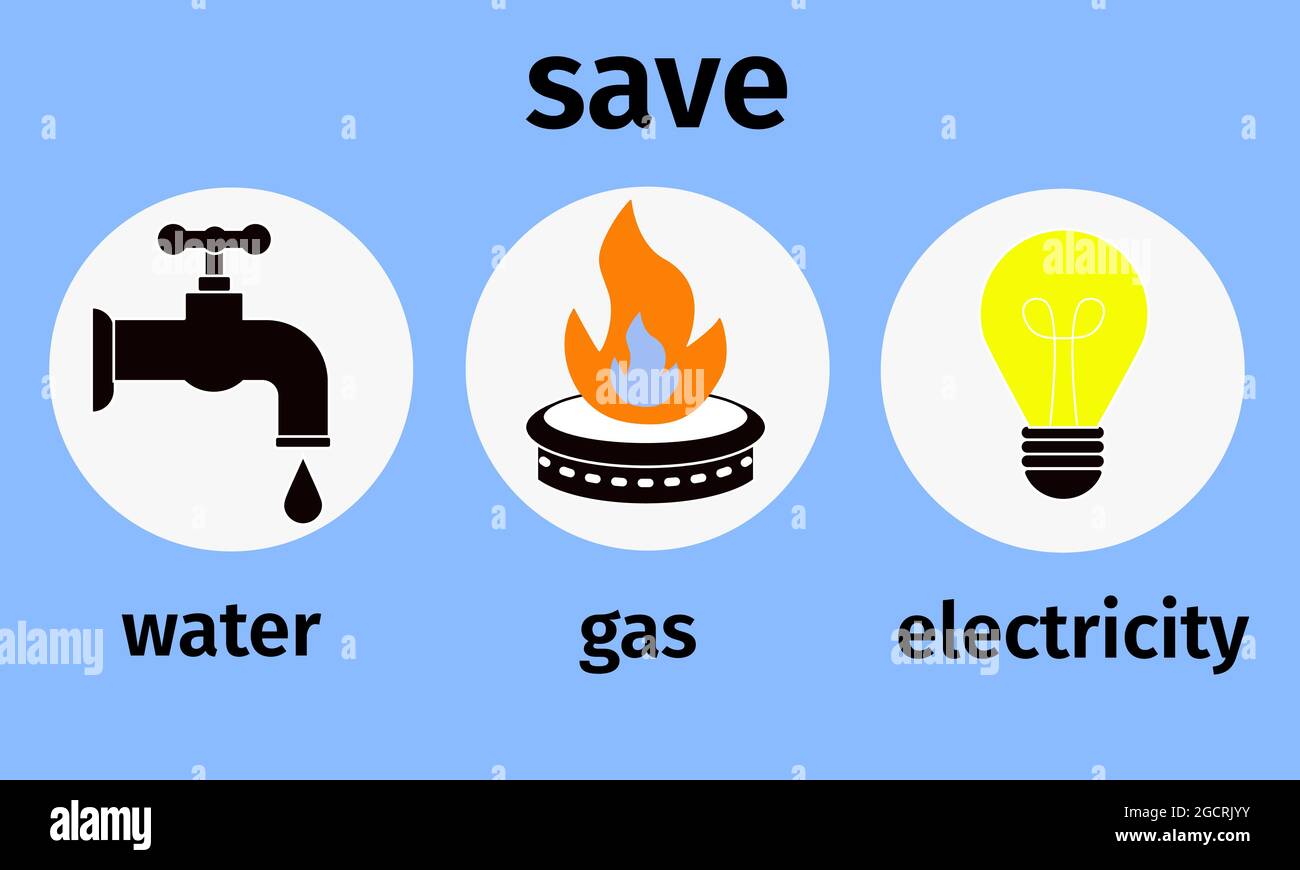Off Grid Living UK Forum is rapidly gaining traction as more Britons explore sustainable and self-sufficient lifestyles. This burgeoning community tackles the complexities of leaving the grid, offering invaluable insights into legal hurdles, financial planning, energy solutions, water management, and community building. From navigating planning permission to mastering renewable energy systems, the forum provides a platform for sharing experiences, advice, and innovative solutions for those seeking a life off the national grid.
The forum covers a wide range of topics crucial for prospective off-grid dwellers, including detailed breakdowns of regional regulations, budgeting strategies for initial investment and ongoing maintenance, explorations of various renewable energy sources and their practical applications in UK contexts, and comprehensive guides to water management and sanitation solutions appropriate for off-grid living. It also addresses the social and community aspects, offering advice on integrating into rural communities and building supportive networks.
Building and Construction Techniques for Off-Grid Homes: Off Grid Living Uk Forum
Building an off-grid home in the UK presents unique challenges and opportunities. The need for sustainability, energy efficiency, and resilience to the British climate necessitates careful consideration of building materials and techniques. This section explores various approaches, comparing their cost-effectiveness and environmental impact, while providing examples of successful UK projects.
Sustainable and Eco-Friendly Building Materials
A range of sustainable materials are well-suited to off-grid construction, minimizing environmental impact and reducing reliance on energy-intensive processes. These materials often boast excellent insulation properties, contributing to energy efficiency. Locally sourced materials further reduce transportation costs and carbon emissions.
Off-Grid Appropriate Building Techniques
Several building techniques are particularly well-suited to the off-grid lifestyle, offering advantages in terms of ease of construction, material availability, and energy efficiency. These techniques often lend themselves to self-build projects, allowing for greater control and customization.
Cost-Effectiveness and Environmental Impact Comparison, Off grid living uk forum
The cost-effectiveness and environmental impact of different building methods vary considerably. Factors such as material availability, labor costs, and the embodied energy of materials all play a significant role. A comprehensive life-cycle assessment is crucial to fully understand the long-term implications of each approach. For instance, while straw bale construction may have lower upfront material costs, the skilled labor required might increase overall expenses.
Conversely, a timber frame might be more expensive initially but offer greater longevity and require less maintenance.
Examples of Successful Off-Grid Home Builds in the UK
Several successful off-grid homes in the UK demonstrate the viability and diverse approaches to sustainable construction. One notable example is a self-built dwelling in Wales utilizing locally sourced timber and straw bales for insulation, resulting in a highly energy-efficient home with minimal environmental impact. The structure incorporates rainwater harvesting and a greywater recycling system, further minimizing its ecological footprint.
Another example is a renovated stone cottage in Devon, where the owners implemented extensive insulation upgrades and installed solar panels, demonstrating how retrofitting existing structures can contribute to off-grid living. These projects highlight the adaptability and creativity involved in achieving off-grid sustainability.
Building Material Comparison Table
| Material | Cost (Approximate Range) | Sustainability | Durability |
|---|---|---|---|
| Straw Bale | £50-£150 per square metre (depending on labour costs) | High (renewable, biodegradable) | Moderate (requires protection from moisture) |
| Timber Frame | £150-£300 per square metre (depending on timber type and complexity) | Moderate (sustainable forestry practices crucial) | High (with proper maintenance) |
| Cob | £80-£200 per square metre (depending on labour and material sourcing) | High (local materials, low embodied energy) | High (very durable if properly constructed and maintained) |
| Recycled Shipping Containers | £3000-£8000 per container (plus significant adaptation costs) | Moderate (reuse of existing materials) | High (robust and durable) |
The Off Grid Living UK Forum serves as a vital resource for anyone considering a transition to a self-sufficient lifestyle in the UK. By fostering a collaborative environment where experienced off-grid livers share their knowledge and challenges, the forum empowers individuals to make informed decisions and navigate the complexities of this increasingly popular lifestyle choice. The wealth of information available, covering legal, financial, technical, and social aspects, makes it an invaluable asset for anyone dreaming of a life off the grid.
Do not overlook the opportunity to discover more about the subject of grid examples.


.jpg?1614024770)
